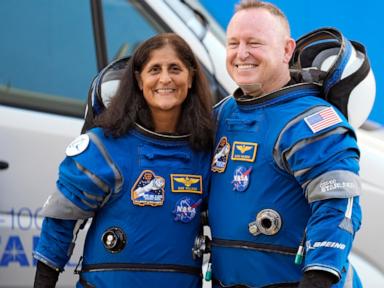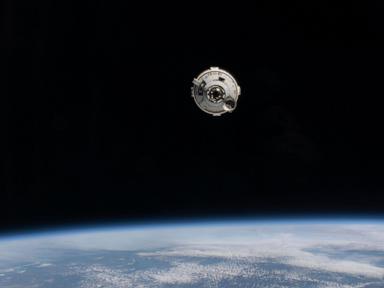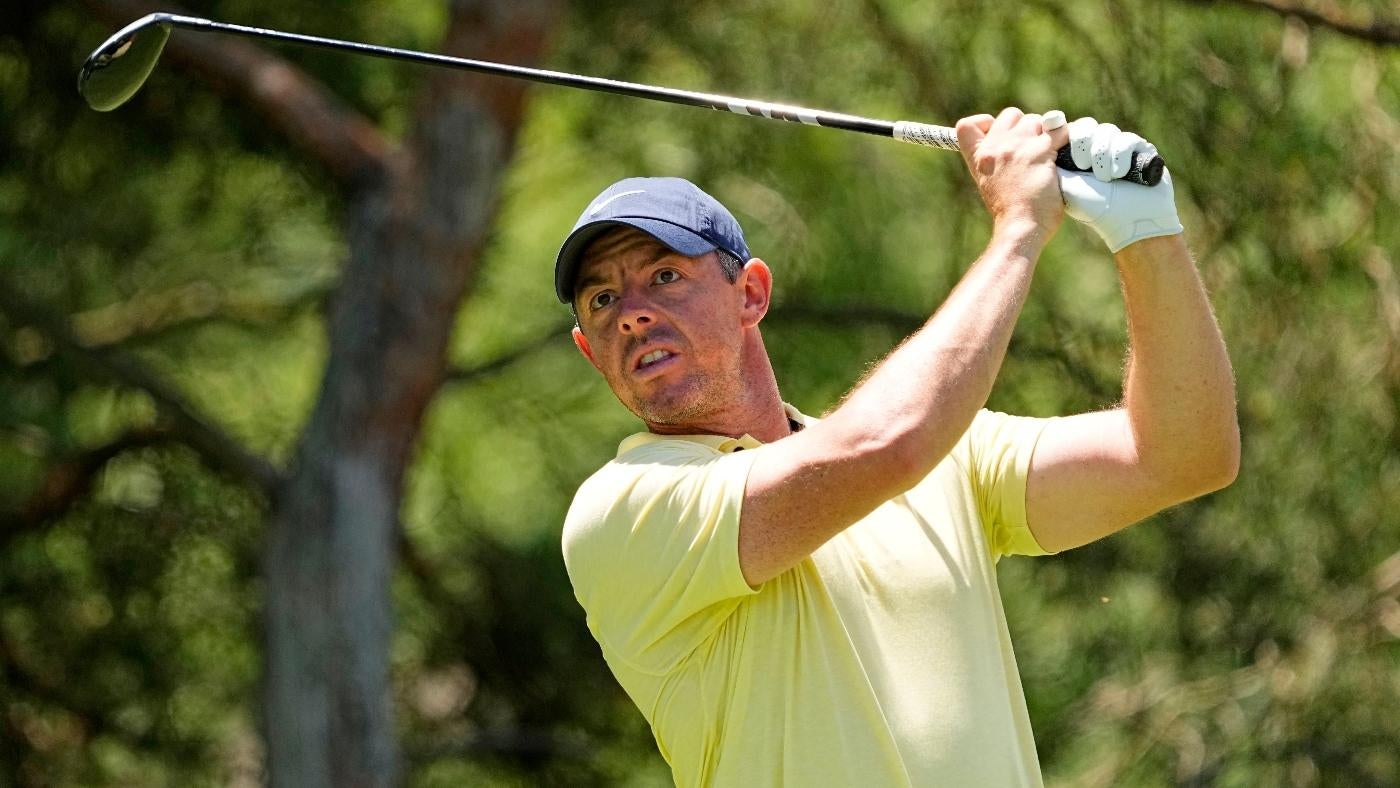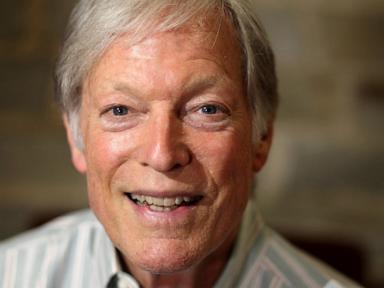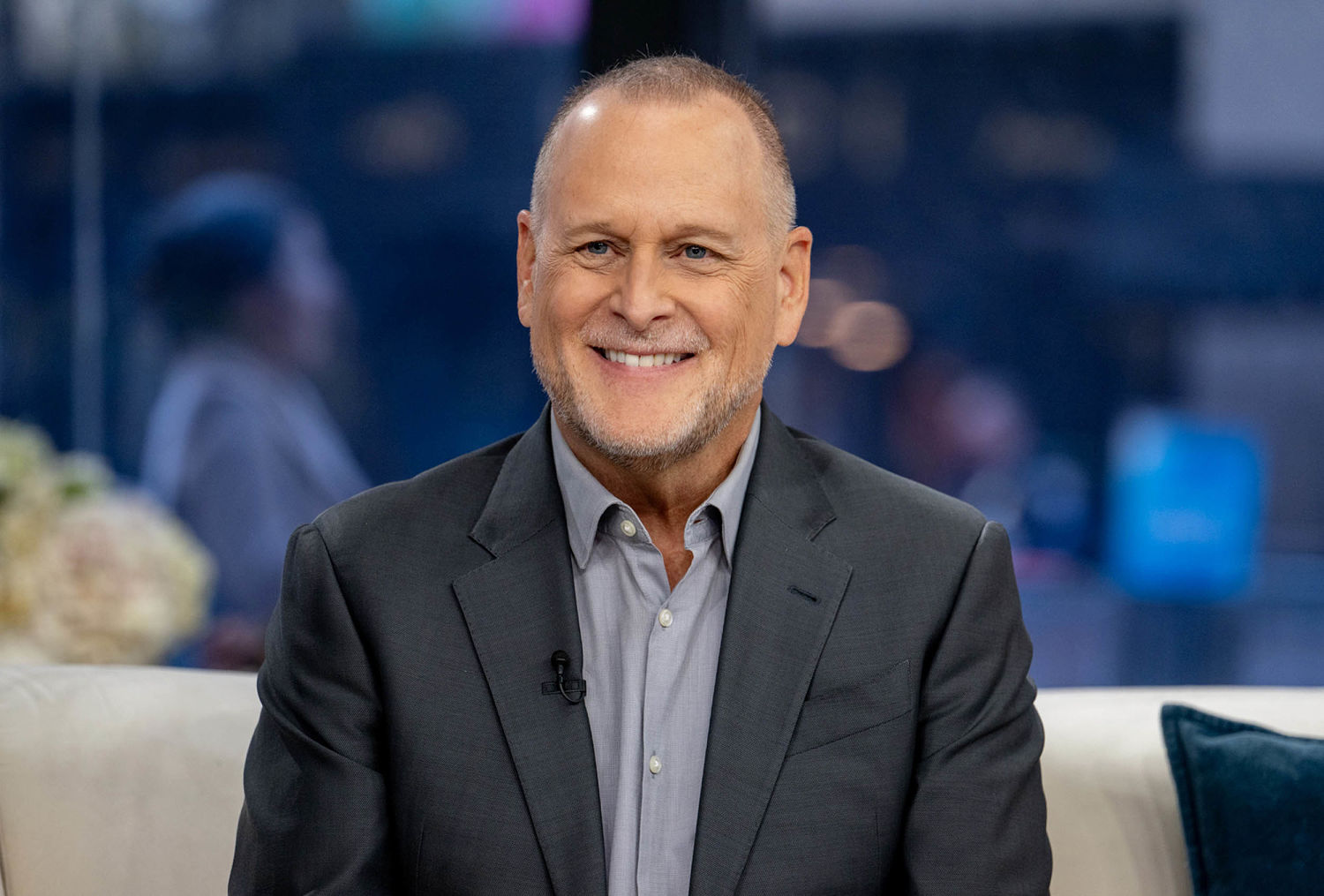
​Dave Pelz, who has died aged 85, was a Nasa scientist who became one of the most successful coaches in the history of golf, known as “Professor Putt”: he was a master of the short game, and his charges won more than 20 majors between them.
The top players flocked to Pelz, including Tom Kite, Vijay Singh, Payne Stewart, Mike Weir, Patrick Reed, Michelle Wie and Colin Montgomerie. But his most successful pupil was Phil Mickelson, who first asked for lessons in 2003, telling him that he wanted to shave a quarter-stroke per round off his game.
Up to that point, the Californian had around 20 tournament wins to his name but was winless in 43 majors. The Pelz effect was immediate, and in the next three years he won the Masters twice and the US PGA once, and would go on to take three more majors, including the Open Championship in 2013.
“I owe so much of my success to the many things he taught me,” said Mickelson. “The laughs we shared along the way is what I cherish most.”

It was not just on the greens that Pelz made a difference. Mickelson recalled: “Dave found that the average bunker shot is 10 yards, so I practised from that distance, and I went from 180th in sand saves in 2006 to third two years later.”
His first great insight was that great putters are made, not born. Most putts are missed, he believed, because the ball is not struck on the sweet spot of the club. He also discovered that almost 80 per cent of shots lost to par take place within 100 yards of the hole. In other words, the short game is king – or, as the great Bobby Locke famously put it: “Drive for show, putt for dough.”
David Thomas Pelz was born on October 8 1939 in Indianapolis and attended Indiana University on a four-year golf scholarship, majoring physics; during his student years he reportedly played Jack Nicklaus 22 times – and lost every round.
Disappointed not to make it on to the pro PGA Tour, he joined Nasa in 1961, working at the Goddard Space Flight Center in Maryland, researching the upper atmosphere of Earth and other planets, and later leading several satellite projects.

But he was still infected by the golfing bug, and decided to apply science to his own shortcomings, studying the mechanics of the putting stroke and precisely what happens when ball hits club. He came up with the Teacher putter, which helped him reach the second round of the US Amateur Open, then took leave of absence from Nasa and founded Preceptor Golf to market his creation.
“I wondered if I should be a physicist who loved golf or a golfer who loved physics,” he recalled. “After the first year it was clear that I was a golfer who enjoys physics.”
In 1976 he decided to go all in and resigned from Nasa, developing a range of products to go with the Teacher, including a clip that attached to the face of the club to ...
